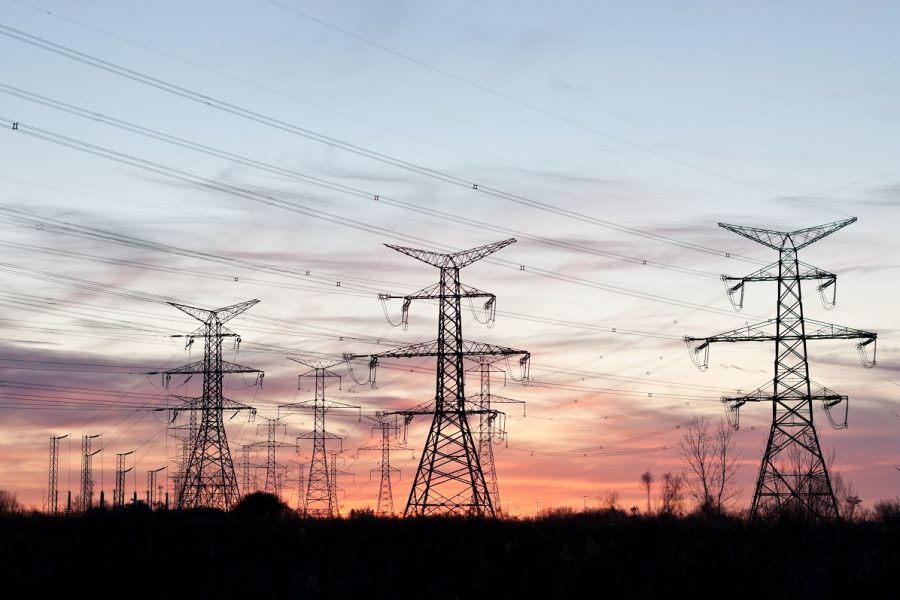Can we make a global agreement to halt attacks on our energy infrastructure?
The connected world brings people together, but connectivity also brings risk. Cybercriminals can use the same tools that bring us together to spread chaos. Every organization is concerned about cybersecurity.
During the last several years, the energy industry has been subject to high-profile attacks, including an extremely disruptive ransomware strike on Colonial Pipeline that affected fuel supplies in the US for days. While this and other high-profile attacks were the work of cybercriminals looking for a huge payday, the energy sector remains susceptible to both espionage between nation-states and cybercrime. Recent developments keep pointing toward more attacks.
The cybersecurity community needs to take global, unified action to create new rules governing and protecting the energy industry worldwide. Failure to do so will only encourage more attacks on critical, lifesaving services and hamper economic growth around the world.
The Future Is Uncertain, but It Is Electric
Everything from our finances to heating and communications relies on electricity. Even cybersecurity relies on electricity. I believe that when we have access to reliable energy and electricity we can create a more just, unified world.
For example, German and French leaders met in Switzerland in the aftermath of World War II to discuss creating a cross-border electrical grid between the former enemies. The wounds of war were still fresh, yet a group of determined engineers hammered out a deal that would strengthen both countries’ economic recovery through resilient electrical infrastructure.
Nearly 75 years later, the need to guarantee the steady flow of electricity continues to unify people, countries, and organizations in an increasingly unstable world.
Risks Increase as Grid Grows More Decentralized
The necessary decentralizing of energy production infrastructures dramatically increases attack surfaces in the electrical grid, creating cybersecurity gaps and vulnerabilities. Digitization of the energy infrastructure will deliver huge value in enabling a clean energy future but poses additional cybersecurity challenges if these technologies are operated in a traditional way. For instance, these developments have created decentralized energy products like solar panels on private homes and digitized assets that were previously analog, such as substations. Meanwhile, automated systems buy and sell power and communication networks span entire transmission and distribution lines. That’s millions of miles of connectivity we didn’t have before.
To read the complete article, visit Dark Reading.
















